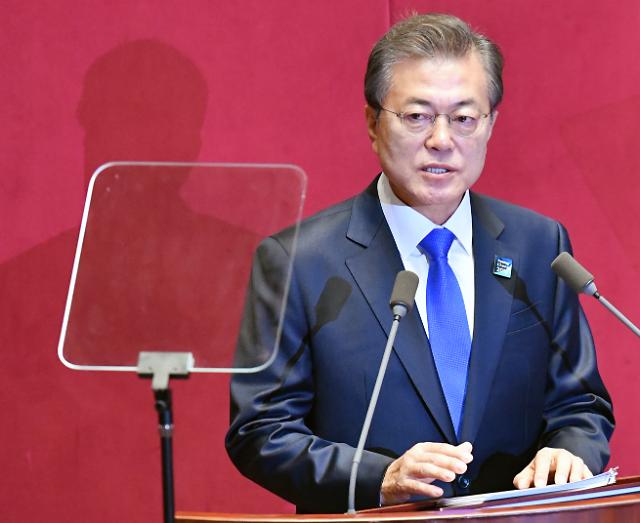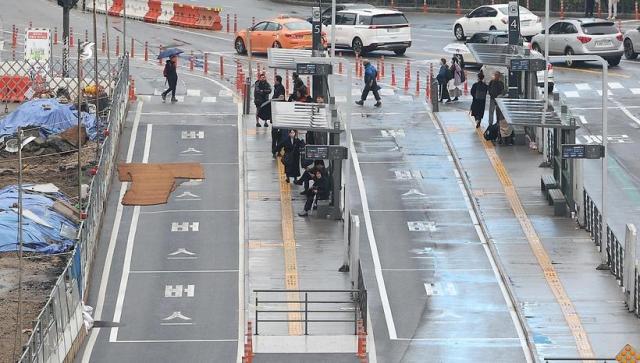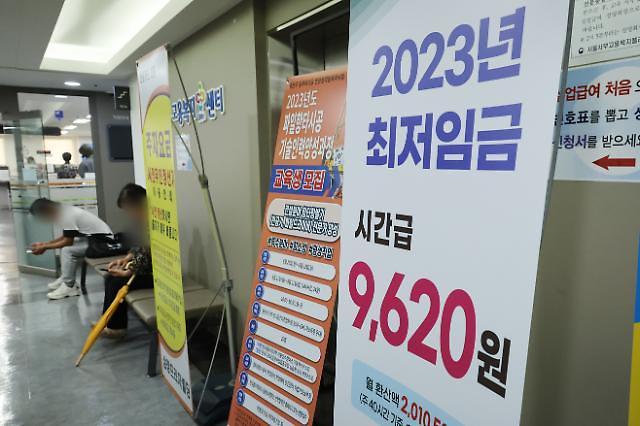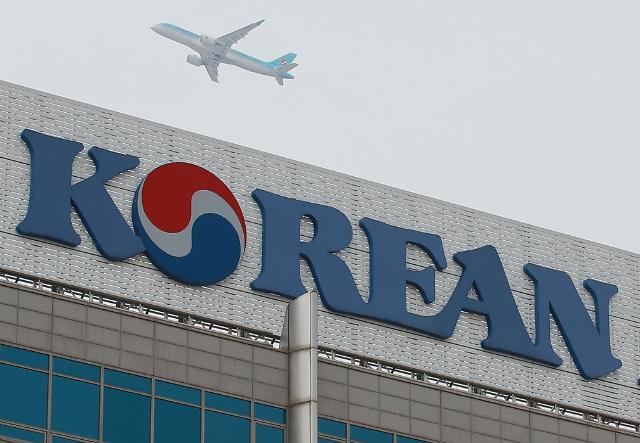
[Press Corps.]
President Moon Jae-in's pro-union policy has encountered an unexpected obstacle after Paris Baguette, the country's largest bakery franchise chain with a nationwide network, rejected an order to provide full-time jobs to thousands of temporary workers.
The battle came after the labor ministry took action in September to improve job security and working conditions for about 5,300 bakers and other staff members working at thousands of Paris Baguette franchise stores on outsourced service contracts.
They were sent by subcontractors that provides manpower to franchise chains, but the ministry found Paris Baguette had put them under virtual direct management, training them and assessing their work performance. The bakery chain was ordered to recruit them as full-time workers.
Paris Baguette filed for an injunction against the order while pushing for a three-way joint venture with franchisers and subcontractors. The Seoul Administrative Court put the order to a temporary halt which is effective until the end of this month.
Watched closely by labor unions and company owners, both sides have hired renowned defenders. About 70 percent of Paris Baguette's franchise stores sent a joint petition to the labor ministry, claiming its order would hurt autonomy in their management.
Backed by many other franchise chains, Paris Baguette argued it was not involved in any wrongdoing because it followed a deep-rooted business practice. The related industry has expressed concern about increased labor costs because many companies adopted similar systems.
Regardless of its court battle, Paris Baguette has promised to go ahead with the proposed three-way joint venture in charge of bakers, saying it would become a new business model to satisfy demands from both labor unions and companies.
Labor unions are seen as crucial contributors to Moon's election victory in May. As a gift to workers, Moon has taken a series of pro-union steps, but the militant Korean Confederation of Trade Unions (KCTU) was far from being satisfied, urging Moon to speed up labor reforms, put temporary or contract workers on the permanent payroll, cut working hours and raise the ceiling of minimum wages.
In early November, the government earmarked some 2.7 billion US dollars in temporary state subsidies to help small firms reduce their financial burden stemming from a mandatory minimum wage hike. The hourly minimum wage would be raised gradually to 10,000 won per hour by 2020.
Finance Minister Kim Dong-yeon has said the minimum wage fund would help ease South Korea's income polarization, which has restricted domestic consumption and economic growth. Companies complained that temporary subsidies are not enough to cope with rising labor costs.
Companies are concerned about active union activities. On Tuesday, Hyundai Motor workers staged a walkout in a dispute over the expanded production of Kona, a popular compact sport utility vehicle (SUV) launched in Jue at home. Unions leaders have yet to agree on increasing working hours.
In the first nine months of this year, Hyundai Motor's net profit fell 30 percent on-year to 3.259 trillion won, partially due to strikes in August that cost the company about 620 billion won in lost production.




